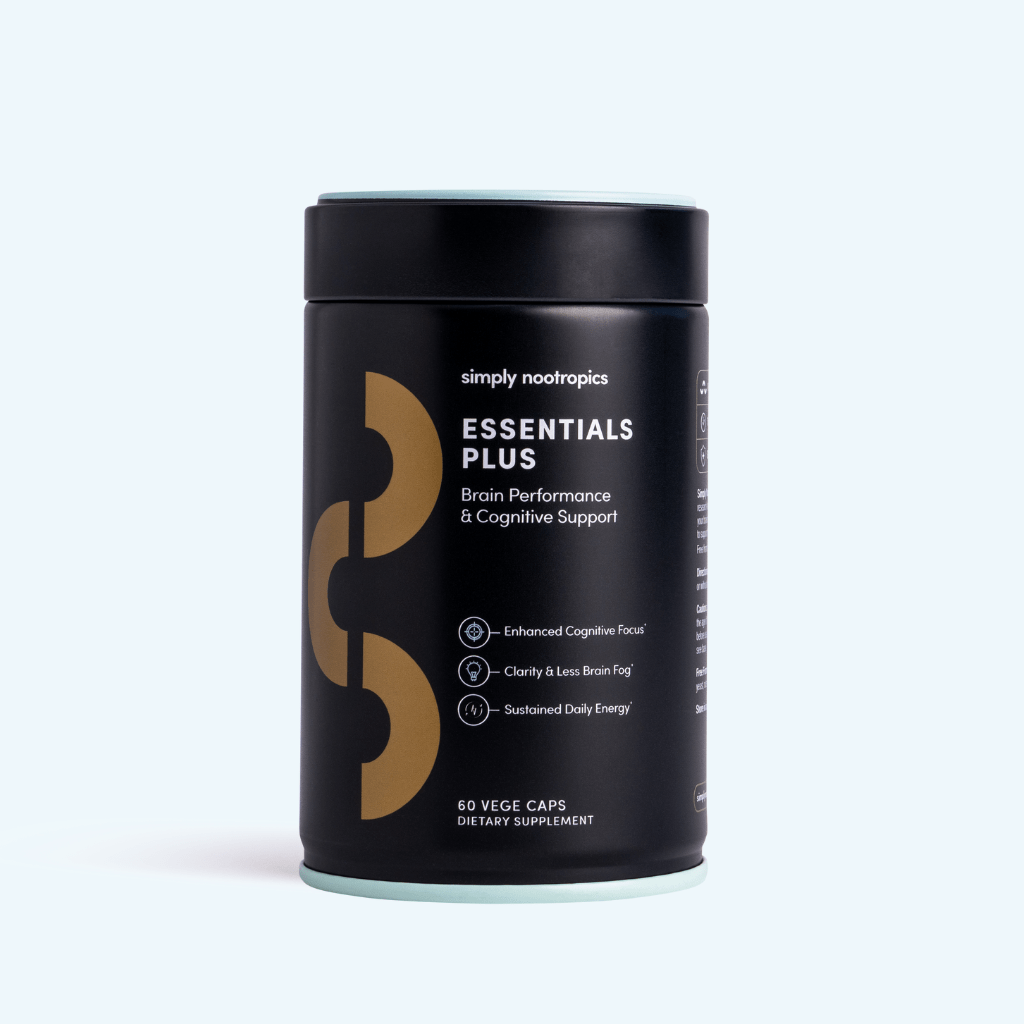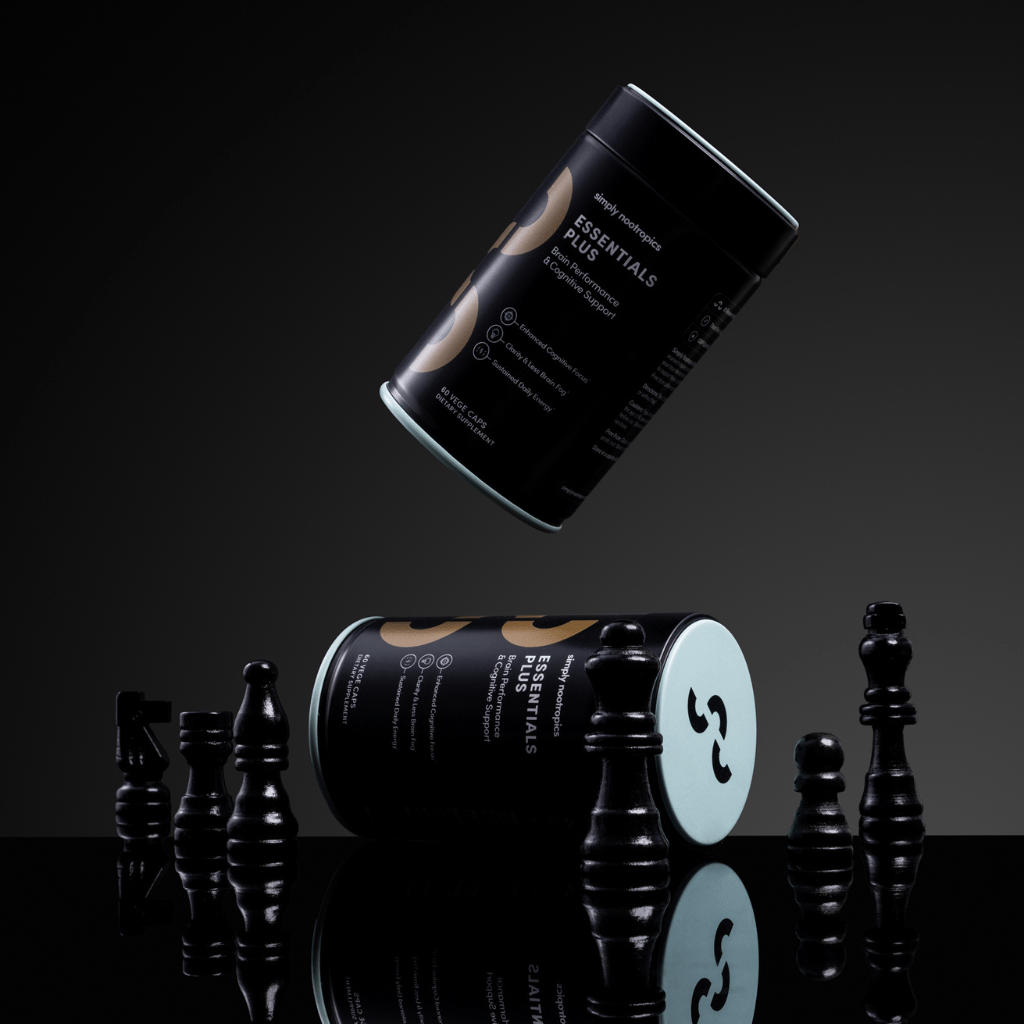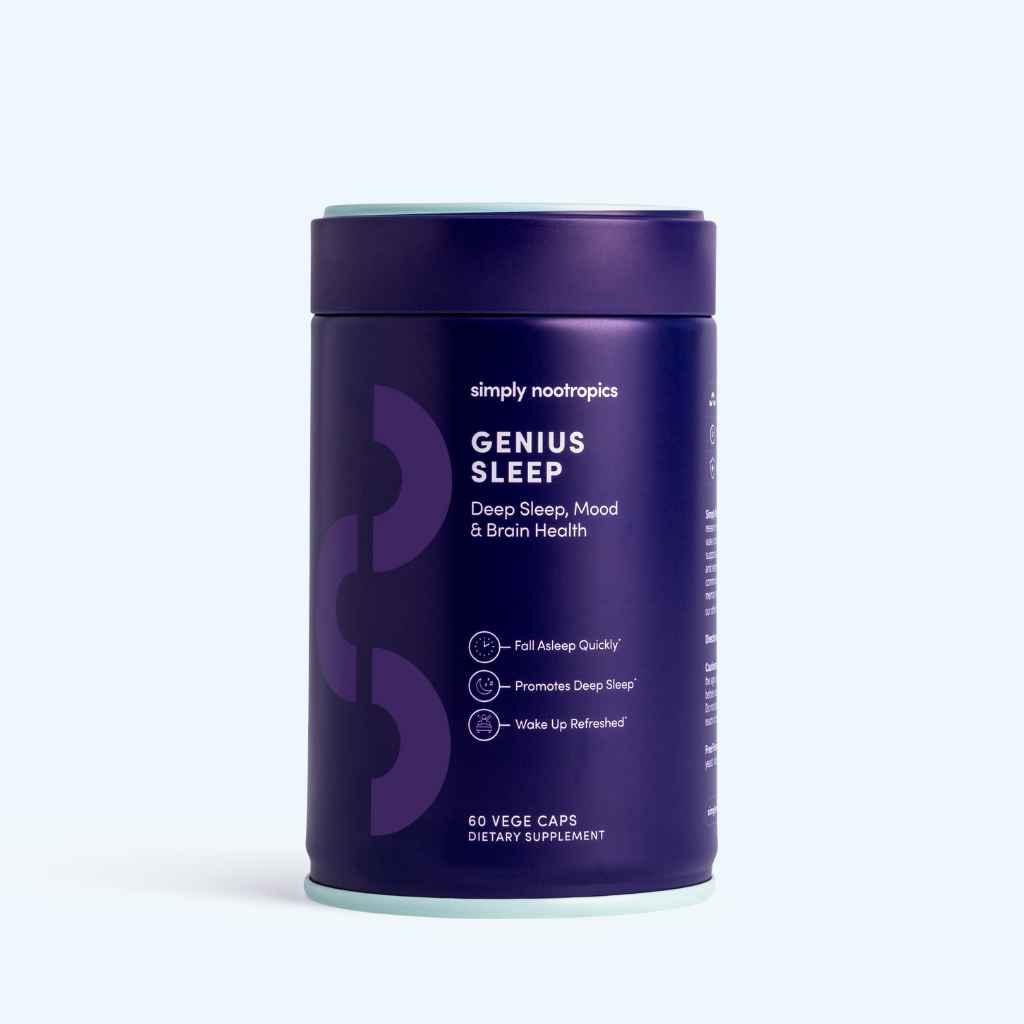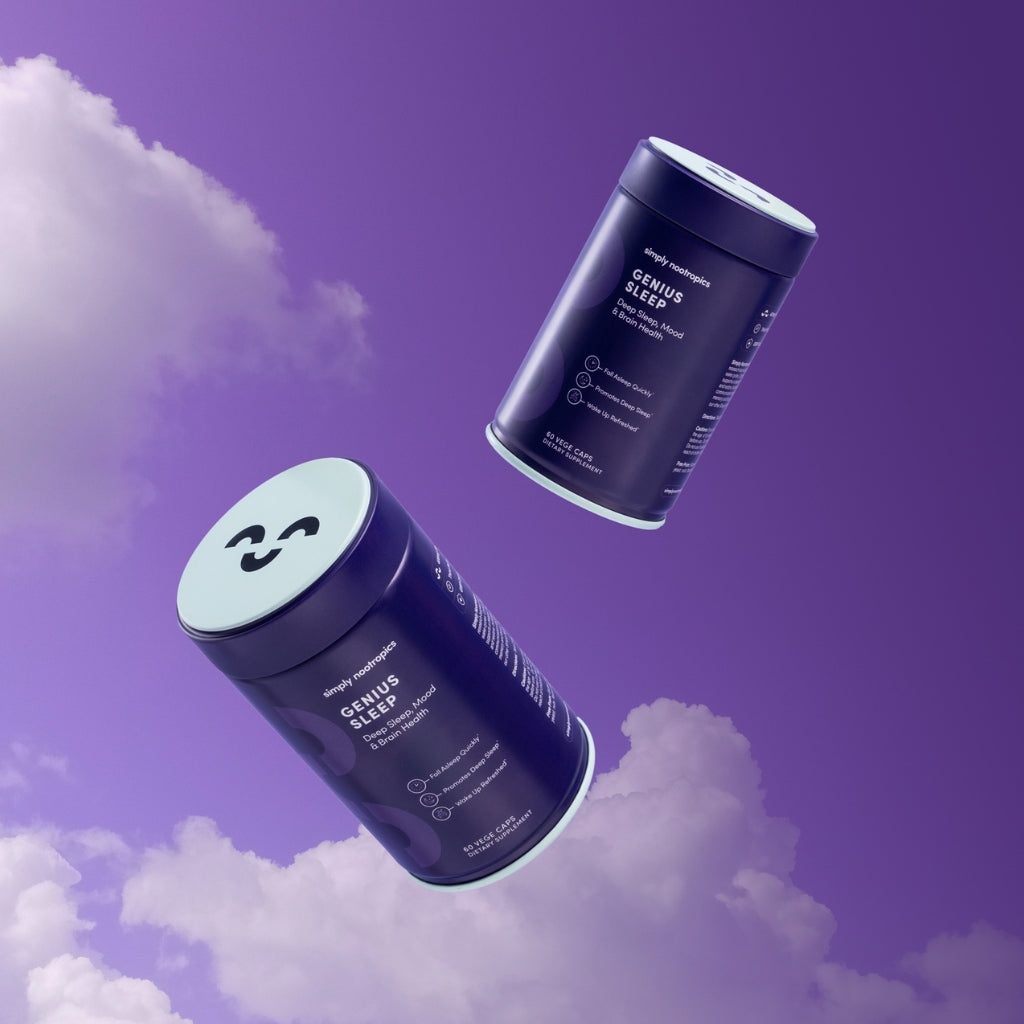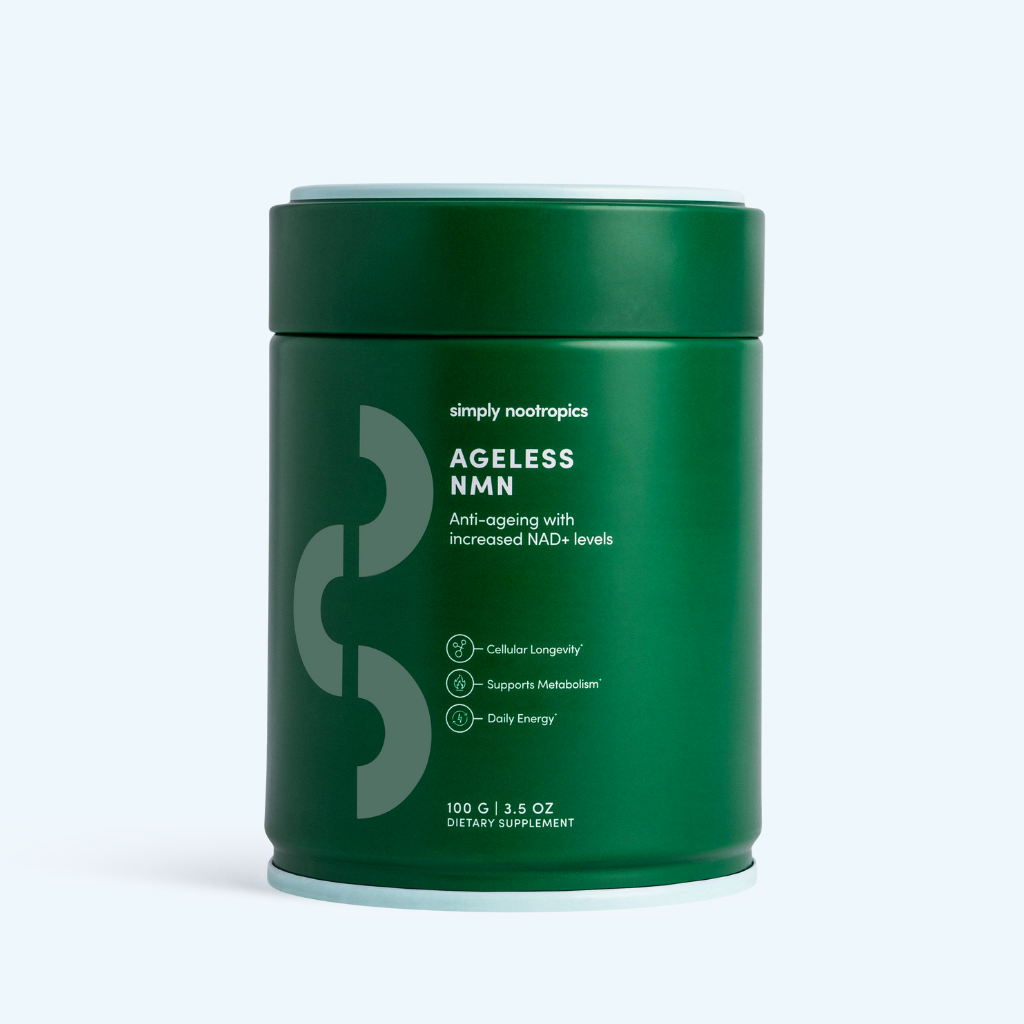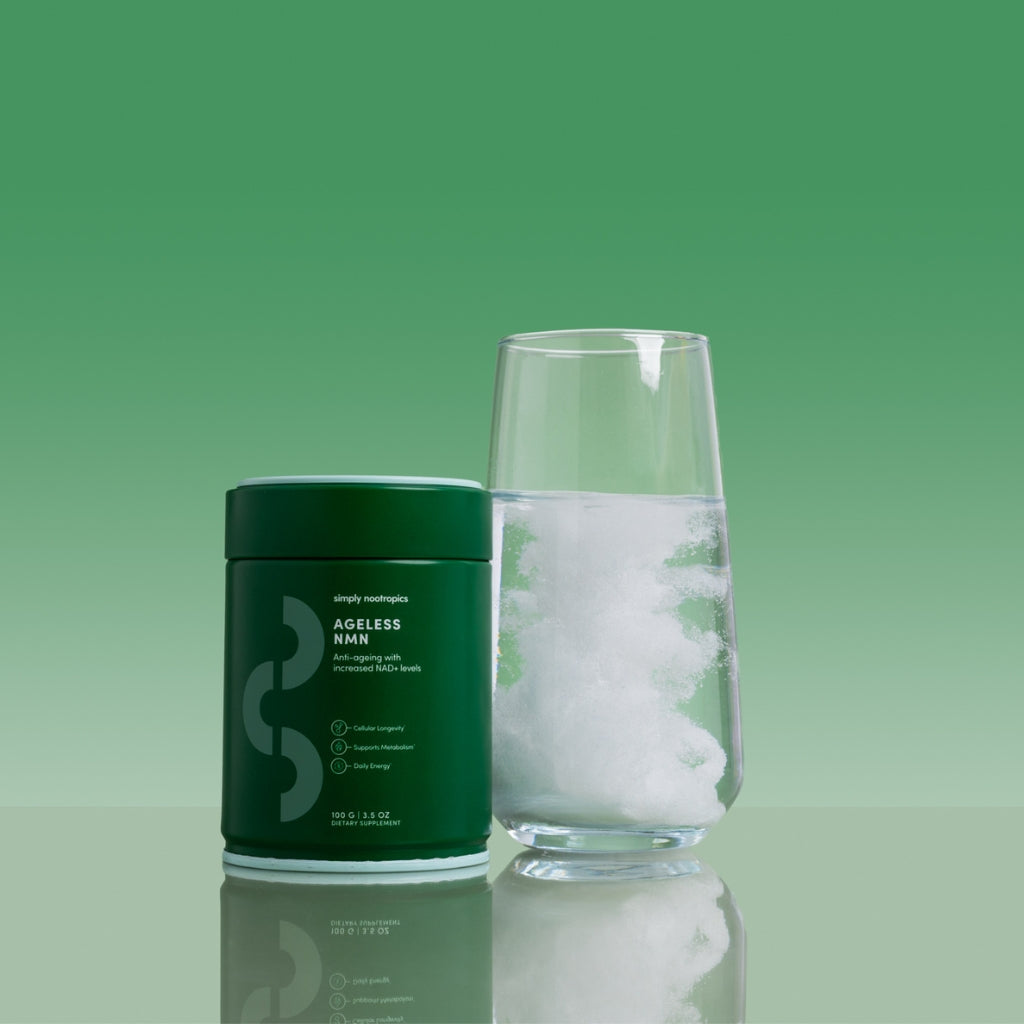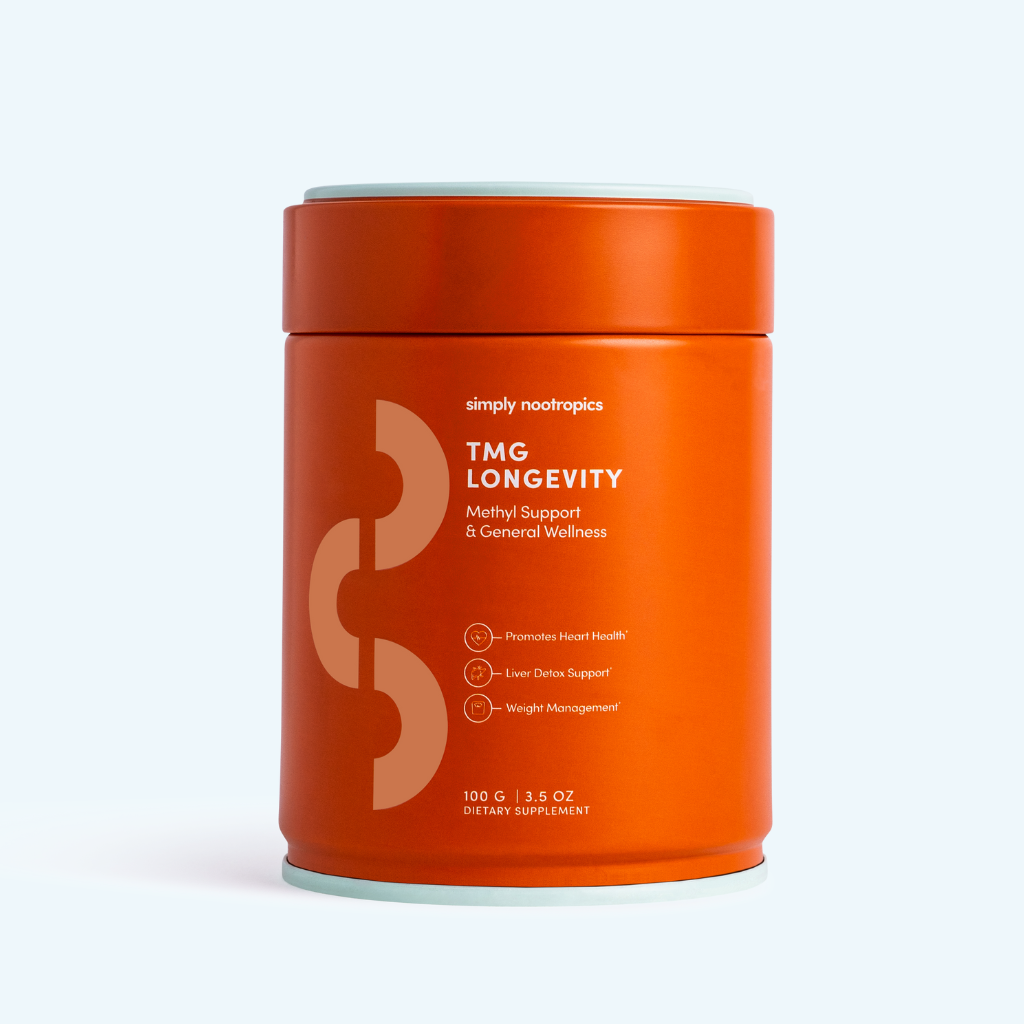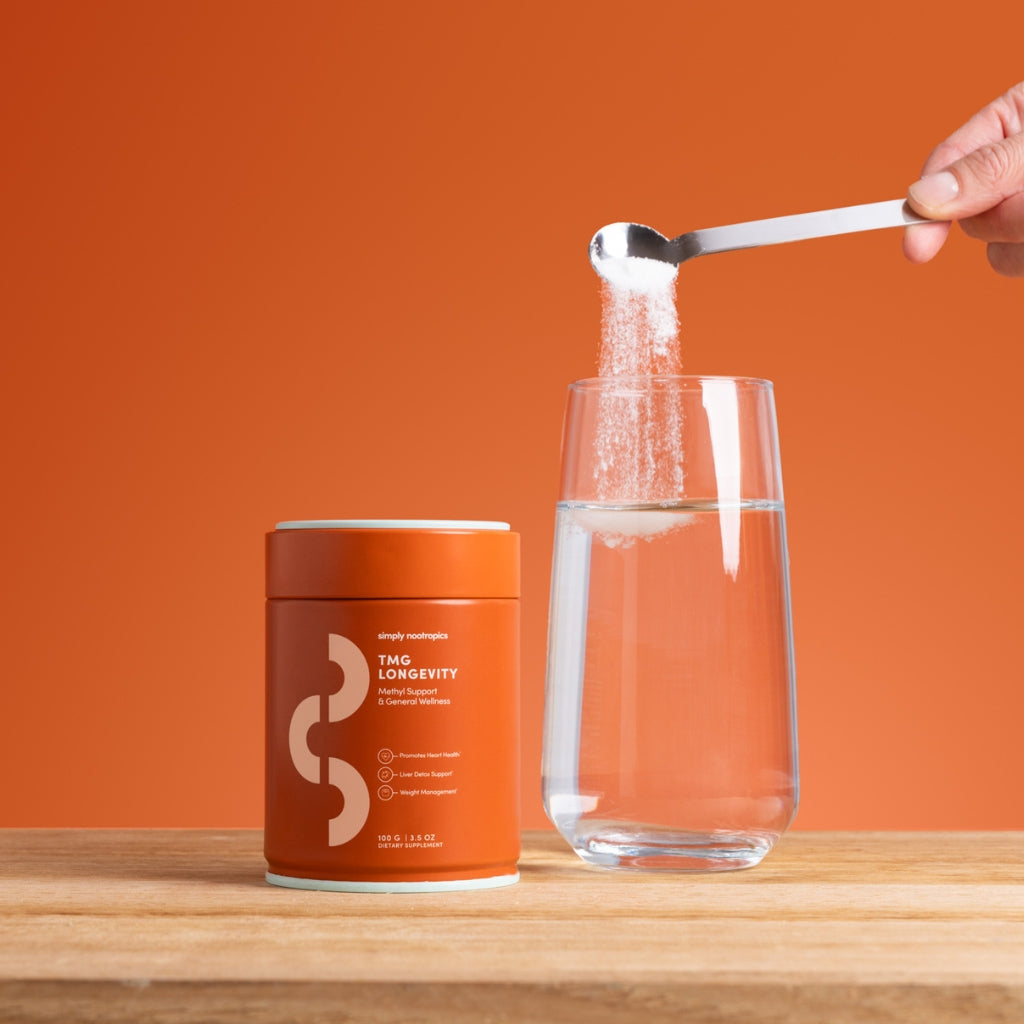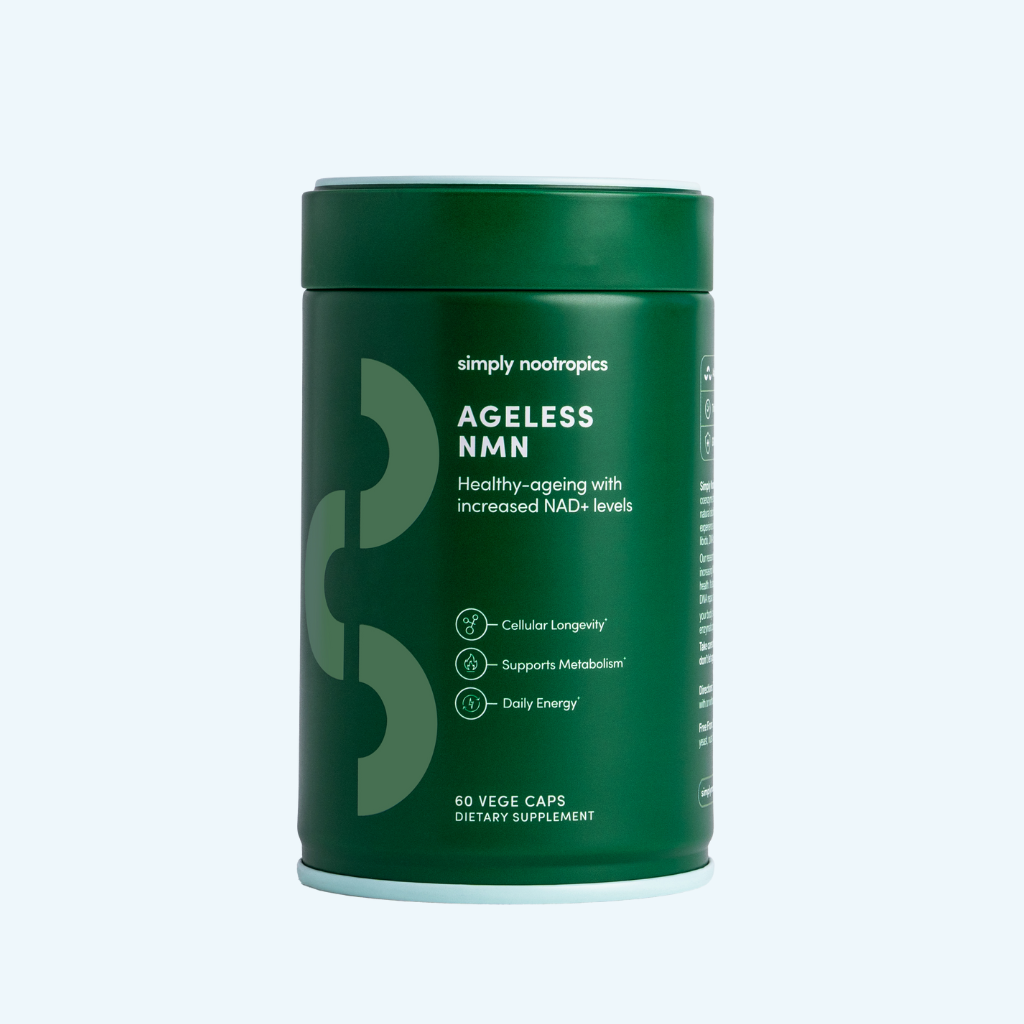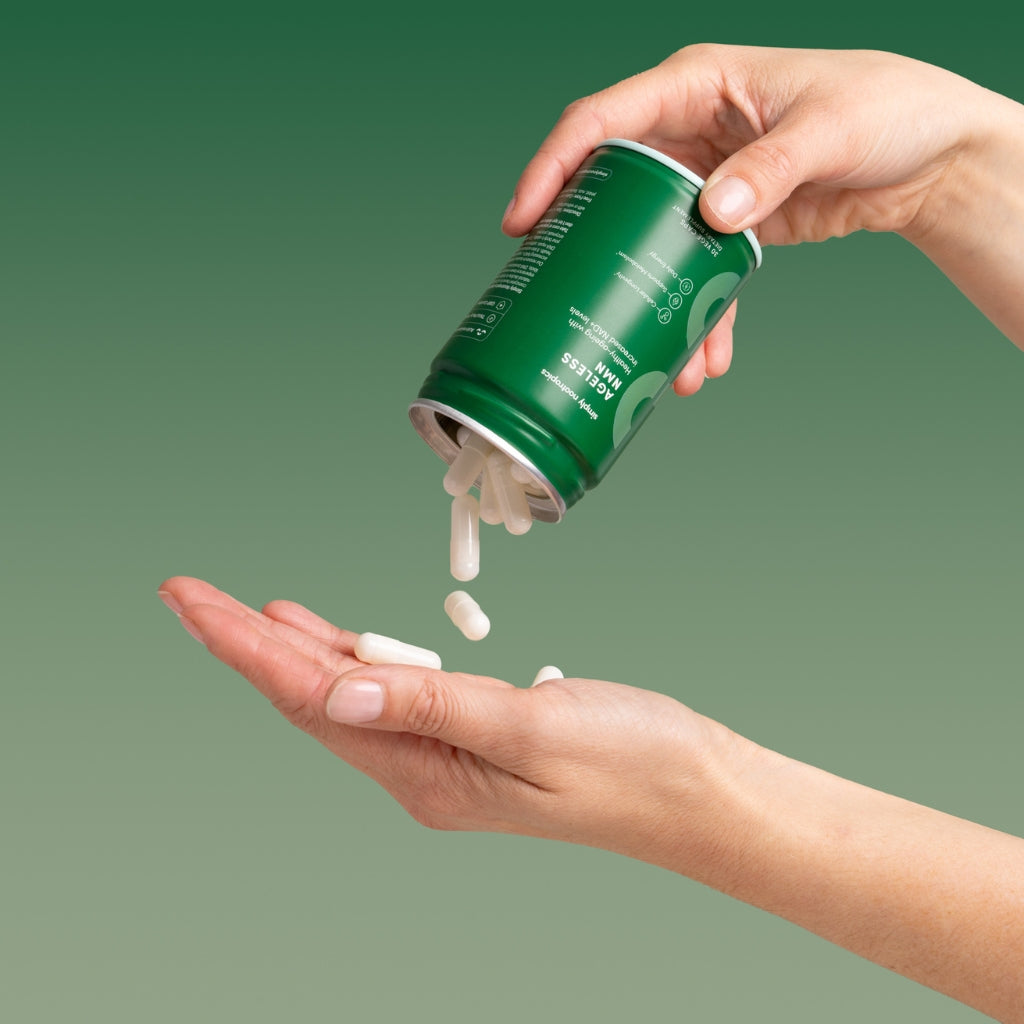Welcome to the latest edition of Longevity News! This month’s roundup features a surprising discovery on how salt could potentially aid cancer treatments, intriguing research on the benefits of marriage for men. Plus, we’ll explore the interplay of music and memory, and give you some updates on the ever-evolving science of NAD+ boosters.
- Salt, More Than Just a Flavour Enhancer
Who knew that the table salt sitting in your kitchen could be more than just a seasoning? Recent research has uncovered a surprising potential for salt in the fight against cancer. Scientists have found that when salt is used in a specific way, it can act as an anti-cancer agent.
The study discovered that exposing cancer cells to salt can lead to their destruction without harming healthy cells. This finding suggests that salt could be developed into a new anti-cancer treatment, particularly for hard-to-treat cancers that do not respond well to traditional therapies. The researchers believe that by using salt to trigger a natural cell death process called "ferroptosis," they can effectively target cancer cells while sparing normal tissue.
While it's too early to start adding extra salt to your meals in hopes of preventing cancer, this discovery opens up exciting new avenues for cancer research and treatment development. The potential for a simple substance like salt to contribute to cancer therapy is a reminder that sometimes the most extraordinary solutions can come from the most unexpected places.
2. Marriage and Men
Marriage is often celebrated for its emotional and social benefits, but did you know it could also be a ticket to better ageing for men? According to a new study, married men are twice as likely to age optimally compared to their single counterparts.
Optimal ageing, in this context, means reaching older age with fewer chronic diseases, better physical function, and overall better mental health. The researchers suggest that the social support provided by marriage, along with the encouragement to lead a healthier lifestyle, plays a significant role in these benefits.
Interestingly, the study found that marriage did not have the same effect on women, which opens up new discussions about the different ways men and women experience relationships and ageing. For men, marriage often brings emotional support, healthier habits, and stability, which might contribute to better ageing.
Women, on the other hand, might face added stress and responsibilities in marriage, which could offset some of these benefits. Plus, women often have strong social networks outside of marriage, which might mean they rely less on their spouse for emotional support, influencing how marriage impacts their ageing process.
3. Can Music Boost Our Memory?
Have you ever heard a song from your past and suddenly been flooded with memories? Neuroscientists are now exploring why music has such a powerful effect on memory, especially in older adults.
A recent study revealed that listening to music activates several brain regions associated with memory, emotion, and even movement. This discovery is particularly exciting for developing new therapies for memory-related conditions like Alzheimer’s disease. By tapping into the brain’s natural connection to music, scientists hope to improve memory recall and cognitive function in patients.
Plus, music therapy is gaining traction as a non-invasive treatment option that can enhance the quality of life for those dealing with memory loss. This form of therapy can involve the creation of personalised playlists, tailored to the patient’s personal history and preferences, which can evoke specific memories and emotions.
Also, the therapeutic use of music can help manage behavioural and psychological symptoms of dementia, such as anxiety, agitation, and depression. By providing emotional comfort and reducing stress, music therapy can create a more positive environment for both patients and caregivers.
4. NAD+ Boosters
NAD+ boosters like Nicotinamide Mononucleotide (NMN) and Nicotinamide Riboside (NR) are famous names in the longevity and wellness community, thanks to their potential to improve cellular energy, support DNA repair, and possibly slow down the ageing process.
Recently, recent headlines sparked concern when a study suggested that NMN might trigger kidney toxicity. The report, which quickly garnered attention, raised questions about the safety of NMN, particularly for long-term use in humans.
However, Dr. Charles Brenner, a leading longevity scientist and expert in NAD+ research has stepped forward to challenge these alarming claims. In a recent discussion, Dr. Brenner argued that the study's findings were likely due to contamination in the NMN used, rather than NMN itself causing harm to the kidneys.
The study in question, conducted by Saleh and colleagues at the University of Washington, involved administering NMN to aged mice over an eight-week period. The results showed an increase in markers of kidney inflammation and damage, suggesting that NMN might have toxic effects on the kidneys of older subjects. However, this study stands in stark contrast to numerous other studies, which have consistently shown NMN to be beneficial for kidney health, reducing inflammation and improving function.
Dr. Brenner points out several flaws in the study's design and conclusions. He emphasises that contamination of the NMN used in the experiment is a plausible explanation for the observed kidney issues. Brenner also notes that previous studies, using pure NMN, have shown no such adverse effects and, in fact, demonstrate protective benefits for the kidneys.
Plus, Dr. Brenner highlighted that the metabolites observed in the study, which were linked to kidney damage, could have originated from impurities in the NMN sample, not from NMN itself. He cautions against jumping to conclusions based on a single study, particularly when it contradicts a body of evidence suggesting that NMN is not only safe but beneficial.
With the ongoing debates and the promising research surrounding NMN, it’s clear that purity and quality are very important when choosing a supplement. So, when you're considering adding NMN to your health regimen, opt for a trusted source, like Simply Nootropics, which offers NMN supplements that are third-party tested and free from nasties!

